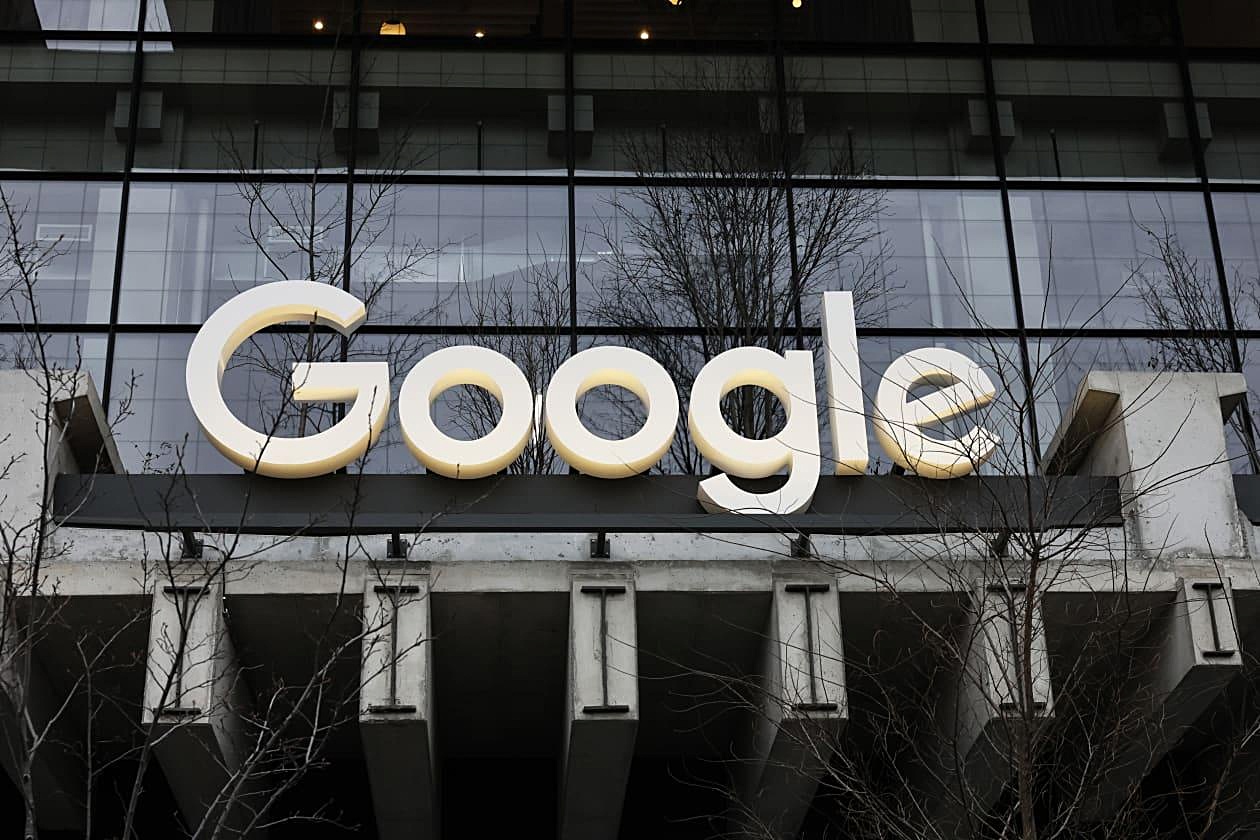A U.S. court has found Google guilty of creating a monopoly worth billions of dollars in order to eliminate competitors in the online search and advertising industry.
The lawsuit, filed in October 2020 with the intention of promoting fair competition in the online market, alleged that Google unlawfully used payments to browser developers, mobile device manufacturers, and wireless carriers to establish itself as the default search engine, thereby deterring users from trying alternative search engines.
By preloading devices exclusively with Google as the default search engine, rival companies were forced to find alternative ways to reach users.
The lawsuit was initiated by the United States Department of Justice and a coalition of attorneys general from nearly all states in the country. The attorney general holds the highest legal advisory position.
Mehta, the presiding judge, ruled that Google indeed operates as a monopolist and has engaged in activities to uphold its monopoly, thus violating Section 2 of the Sherman Act.
Google currently controls around 90 percent of the online search market and a staggering 95 percent of search activities on smartphones.
The Sherman Act is an antitrust law aimed at promoting fair competition among businesses, with Section 2 specifically addressing the issue of monopolization.
In 2021 alone, Google paid a whopping $26 billion to secure its dominant position, as noted by Judge Mehta.
Judge Mehta highlighted the immense value of the default search engine position, stating, “Even if a new competitor were capable of offering a higher quality search engine when an agreement expires, the company could only compete if it were willing to pay partners billions of dollars in revenue share and compensate them for any loss of revenue resulting from the change.”
It is worth noting that in 2009, Google accounted for 80 percent of all searches conducted in the United States, a figure that increased to 90 percent by 2020, with smartphones reaching a staggering 95 percent. In contrast, the second-place competitor, Bing, only held 6 percent market share.
Kent Walker, President of Google Global Affairs, responded to the court decision in an email statement to The Epoch Times, saying, “This ruling acknowledges that Google offers the best search engine, but concludes that we should not be allowed to make it easily accessible.” Walker further added, “Given these circumstances, and considering that people are increasingly seeking information through various means, we intend to appeal the decision. We will remain steadfast in our commitment to developing products that users find beneficial and easy to use.”
In recent years, other technology giants, including Apple, Meta (formerly Facebook), and Amazon, have also faced antitrust lawsuits.
This case is being regarded as the most significant antitrust trial of the century.
Discover more from Tension News
Subscribe to get the latest posts sent to your email.

